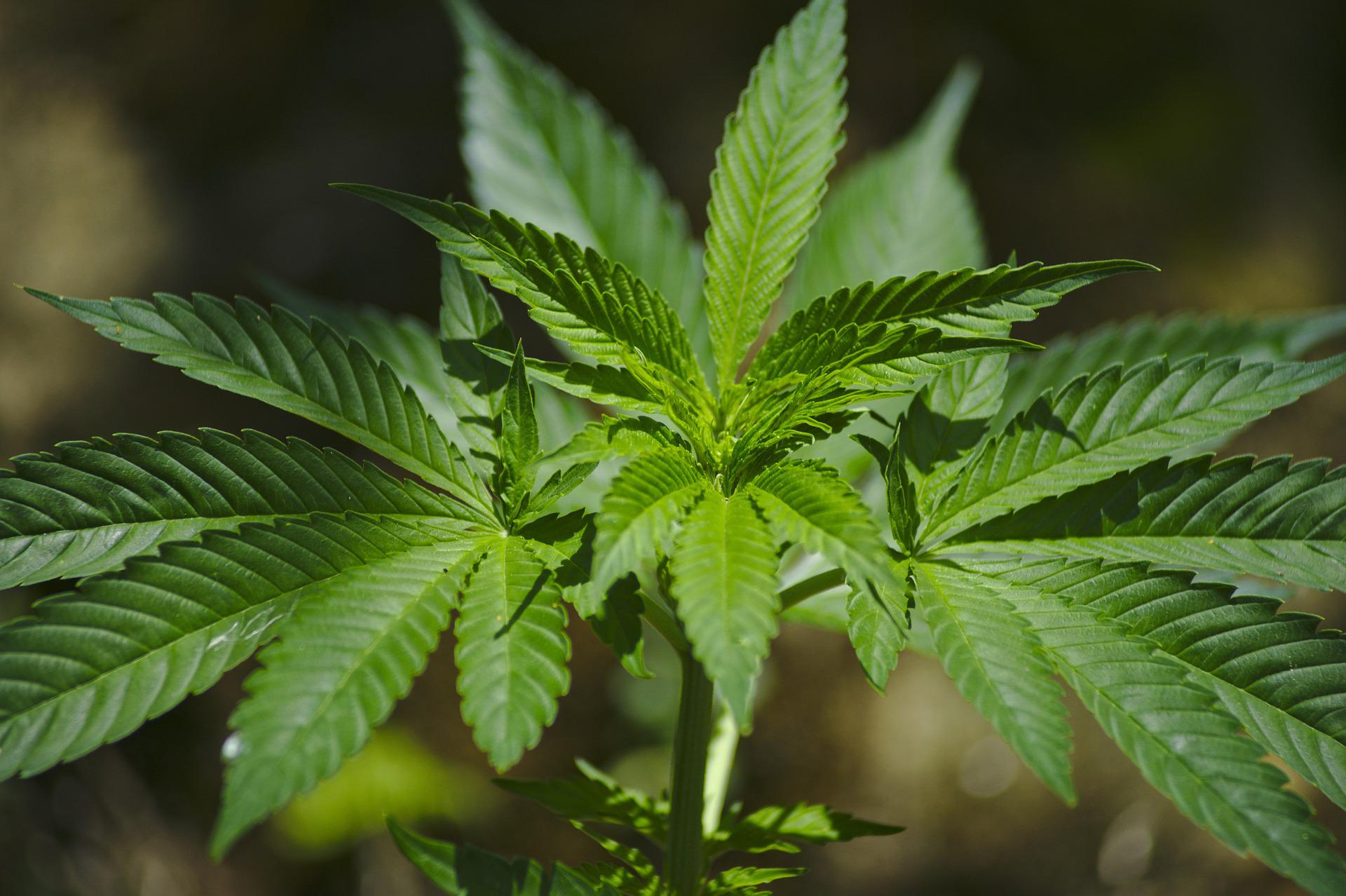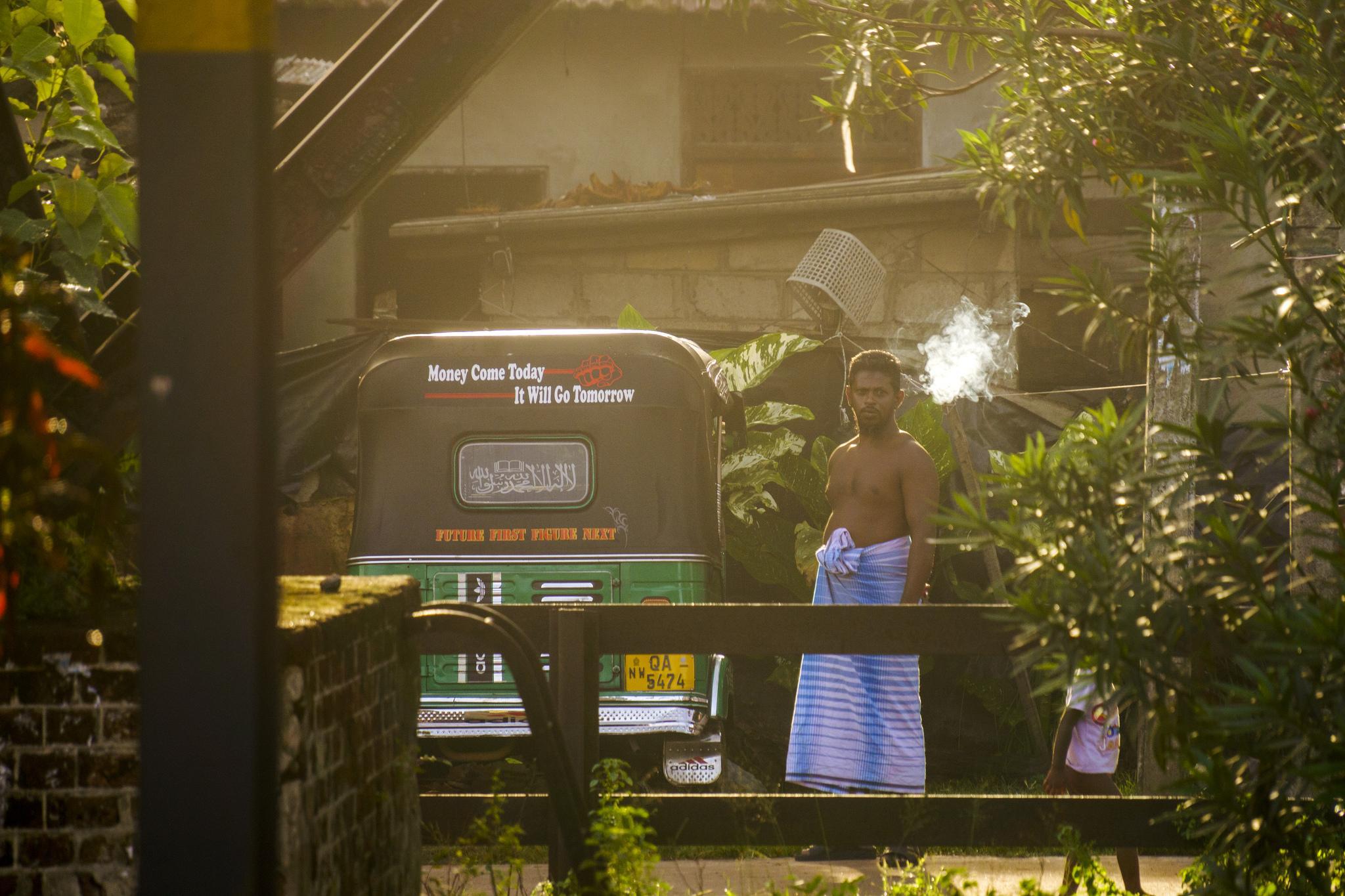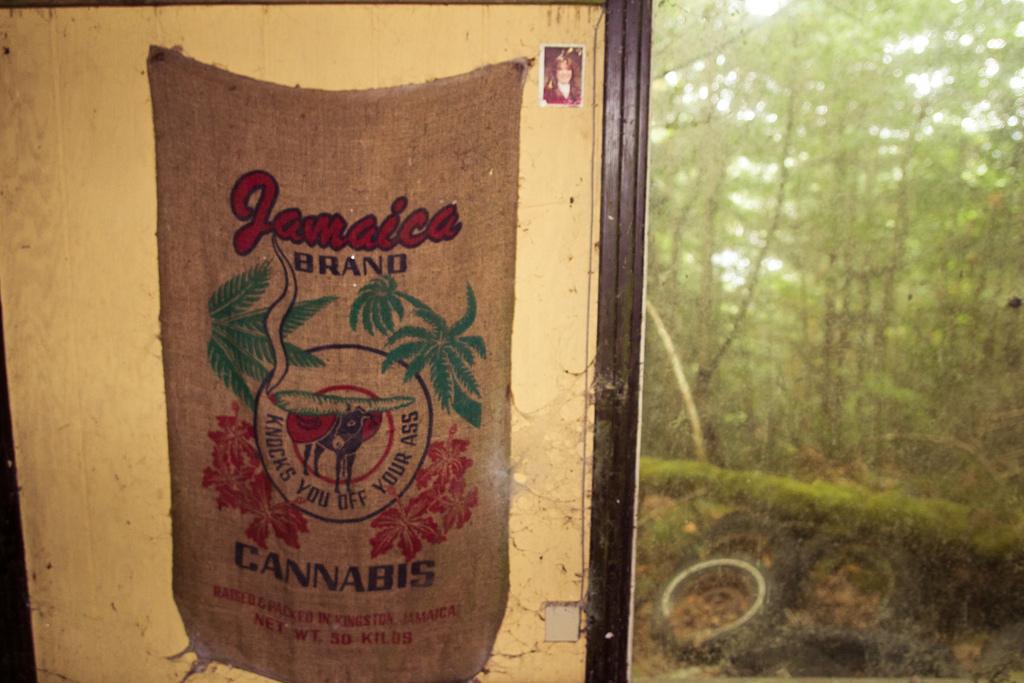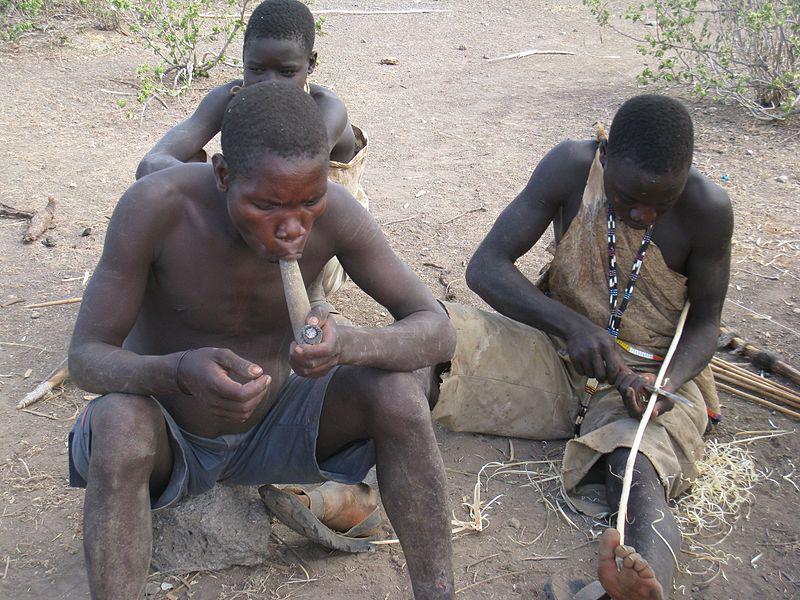- The ever-growing cannabis industry is being perceived as a unique prospect for countries that, because of their small size, tend to go unnoticed in the world scene.
- From Asia to the Caribbean, the liberalisation of medical cannabis is making headway into small nations that are closely following the social progress and the economic growth the US is experiencing, where the demand for legal cannabis is constantly on the increase.
- Medical cannabis is thriving also in Africa, with Lesotho emerging as the largest producer in the continent — they have attracted the interest of investors and neighbouring countries have joined the legalisation debate.

The legalisation wave that is sweeping across the US, where medical cannabis has been decriminalised in over half the country, is proving to be a major incentive for a number of economies, who see a great opportunity in cannabis production and export. And the same applies to parliaments around the world, although paradoxically the trend is to legalise production for export and not in-country use and sale.
According to market research reports such as The Arcview Report, the US cannabis industry will grow 30 per cent by 2020, a boom that has not gone unnoticed by developing nor advanced countries. Thanks to their amazing climatic conditions, legalisation is gathering momentum in southern Africa, in small islands in the Caribbean and in the very heart of the Indian Ocean alike. The process is enjoying less media attention than in Europe or the US, yet it is attracting investors from all over the world and transforming small nations into industry leaders in their respective geographic areas.
Sri Lanka, from tradition to massive exports
Also known as 'India's tear drop', Sri Lanka is a tropical island with long growing and flowering seasons for a number of plant species, among which cannabis. Located in the Indian Ocean, once at the heart of the Silk Road, the country is a historical source of strategic and natural resources.
Cannabis was introduced into Sri Lanka through ancient trade and eventually it became a central element of Indian Ayurvedic medicine. Currently, it is also one of the most popular recreative substances in the country, yet both use and possession are prosecutable and trafficking is punished with incredibly long prison sentences.

Seizures and arrests have been on the increase since 2009, a governmental approach that conflicts strongly with the interests of the Ministry of Indigenous Medicine and the Department of Ayurveda, who have been upholding the right of Sri Lankans to use cannabis in the traditional way for a long time - Ayurvedic doctors and pharmacist make traditional, cannabis-based preparations using seized plants, which are donated by the Government for medical purposes.
Native doctors, however, complain about the poor condition in which they receive the plants, which are sometimes kept under government control for over five years after the seizure, losing many of their properties along the way. Luckily, things seem to be changing at last, as just a few months ago the Government launched its first legal plantation to meet both the domestic and the international demand, particularly from the US. The 400-hectare farm, located south of the capital Colombo, expects to produce 25 tonnes of medical marijuana to serve the needs of the pharmaceutical and the cannabis industries in some of the world's major powers.
The Caribbean seeks to position itself in the market
Over the last four years, the cannabis legalisation debate has gathered momentum also in the Caribbean Community (Caricom), with island countries making efforts to stand together. It all started in 2015, when Jamaica took the lead regionally and decided to decriminalise the cultivation and use of what is considered a national and cultural product: marijuana. As a first step, the country established a licensing body for the cultivation and distribution of the substance for medical, religious and scientific purposes.

Due to Jamaica's status as one of the largest exporters of illegal cannabis into the US, to a large degree the new legal framework, under which the industries of cannabis, hemp and neutraceuticals - medically functional foods - can operate more freely, is also an effort to fight drug trafficking. A measure adopted shortly after also by Antigua and Barbuda, who passed a similar bill in 2016.
The step taken by the Antigua and Barbuda Government has helped to put the legalisation issue on the agenda of the Conference of Heads of Government of Caricom - the most-important decision-making forum in the region - which is now discussing the social, economic, health and legal aspects of cannabis use with stakeholders in the countries that make up the community.
With the exception of Cuba, cannabis is very widespread in the Caribbean, as many Indian workers who arrived in the area when it was under British control took their 'ganja' with them to relax after a hard day on the sugar cane fields. Also, the Rastafarian movement, with its penchant for cannabis, has become increasingly popular since its development in 1930.
This is a very interesting time for the region, with small islands such as Belize and Barbados following the lead of Jamaica and developing their own cannabis regulatory processes in an effort to encourage the development of an industry that seems to be more than enjoying the tropical weather of area.
Lesotho takes the lead in Africa
According to a UN report, 25 per cent of cannabis global production takes place in Africa, the continent with the greatest concentration of cannabis plantations in the world. And while northern countries such as Morocco are more commonly associated with cannabis production, the plant is pervasive also in Southern Africa (South Africa, Swaziland, Lesotho, Malawi and Zambia), with mountainous Lesotho emerging as the first country to have set its eyes on the booming cannabis industry.

Last summer, South African manufacturer of botanical extracts, Verve Dynamics, obtained its first medical cannabis license for cultivation, research and sale in Lesotho, a country that is positioning itself at the forefront of development in the continent's cannabis industry with state-of-the-art extraction equipment and plantations of all sorts. The situation in Lesotho is being closely followed by neighbouring countries such as Malawi and Swaziland, who are making efforts to put the legalisation issue on the government's agenda in a bid to improve the local economy. In fact, liberalisation in regions far from the Western spotlight is being approached from a completely new perspective where cannabis is regarded as an opportunity for economic development in deprived areas.
Iceland, an example to emulate
Significant steps are being taken also in a country as small as Iceland, whose weather and economic system are poles apart from the rest. The parliament is considering a bill that proposes a legal framework for the production, distribution and sale of cannabis, including small-scale retail trade and sale at specialised restaurants, as well as the decriminalisation of consumption.
This is no small matter, as according to the UN's World Drug Report, in 2015 Iceland was the country with the largest number of cannabis users worldwide, with an annual prevalence of 18.3 per cent. This notwithstanding the fact that cannabis cultivation, sale and use are punished with heavy fines, making it difficult for users to access the product.
Unhappy with the reputation of biggest cannabis loving nation, Iceland argued that such a conclusion was based on incomplete data representing just a small proportion of the population. Still, the country is determined to become an example for the rest of the world to emulate when it comes to regulating cannabis and encouraging a responsible approach to consumption within their own borders.
There is no doubt that these small regions still have a long way to go before they establish a solid business network, but one thing is certain: they are stimulating debate in the parliaments of neighbouring countries, which is definitely good news both for the cannabis industry and community worldwide.



Comments from our readers
There are no comments yet. Would you like to be the first?
Leave a comment!Did you like this post?
Your opinion about our seeds is very important to us and can help other users a lot (your email address won't be made public).